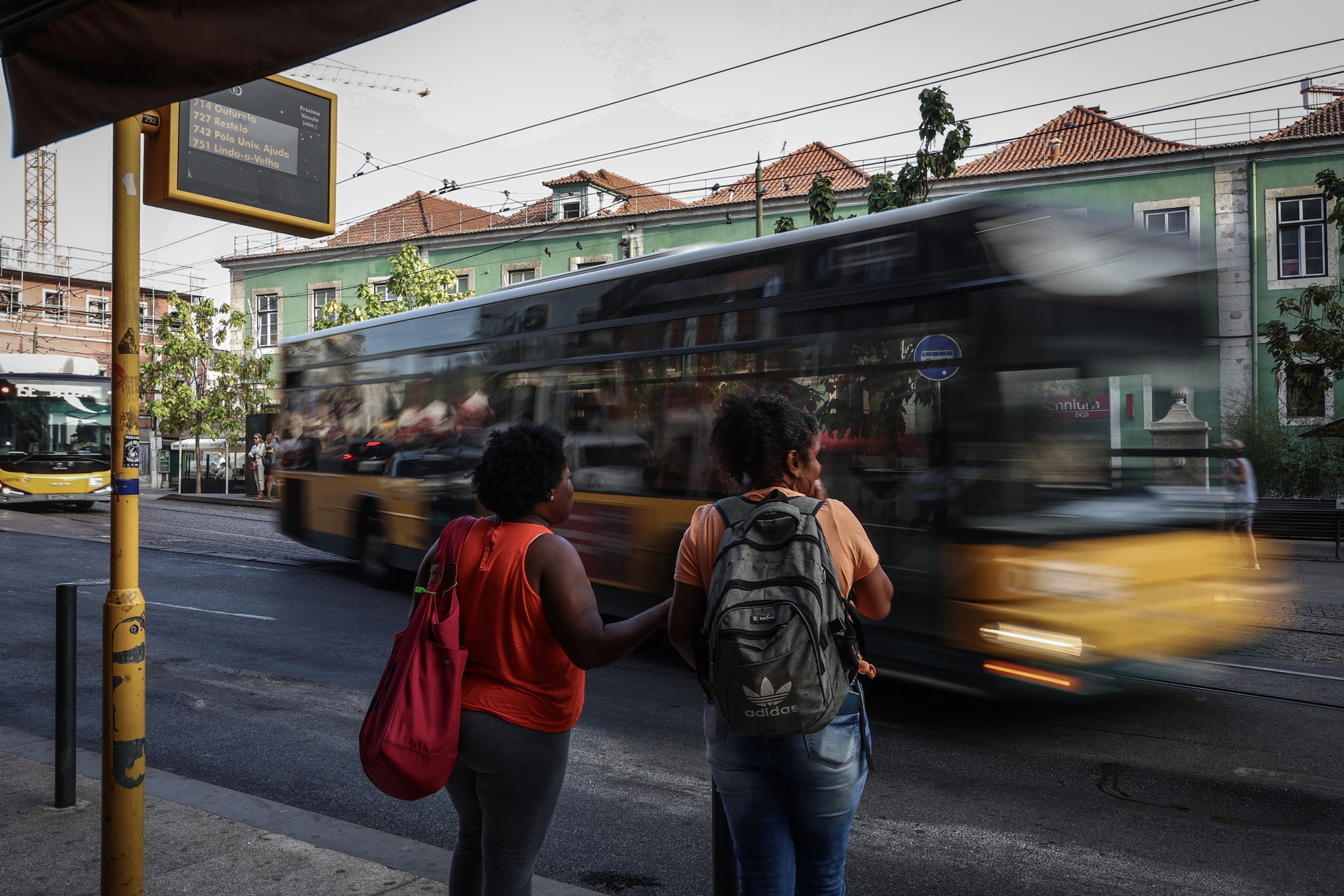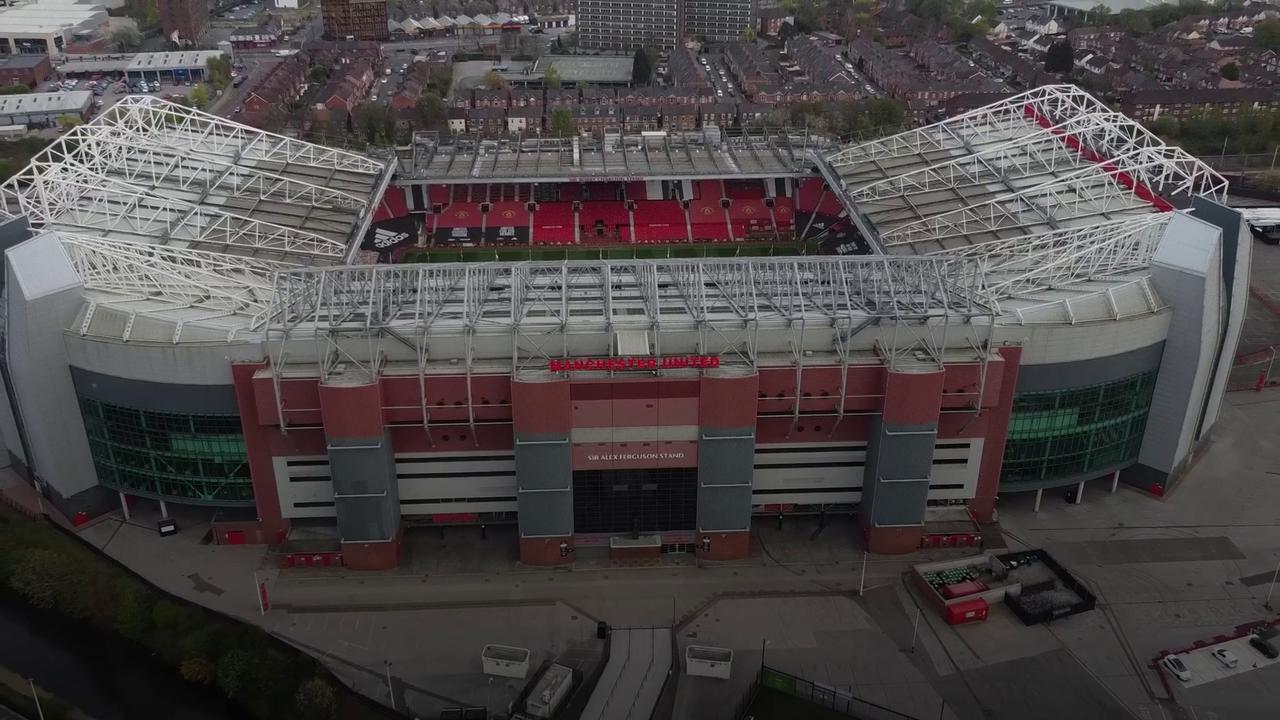Why Is Portugal Deporting Migrants After Welcoming So Many?

Table of Contents
The Rise of Anti-Immigrant Sentiment in Portugal
Shifting Public Opinion
While Portugal has historically shown a relatively tolerant stance towards immigration, recent years have witnessed a perceptible shift in public opinion. This change isn't uniform, but it's a factor influencing immigration and deportation policies. Economic downturns, competition for jobs, and a rise in nationalist sentiment have all played a role in shaping public perception of migrants. The narrative surrounding immigration has become increasingly complex, with concerns over integration, resource allocation, and the strain on public services contributing to a more critical discourse.
- Negative media portrayals: Sensationalized reporting focusing on crime committed by a small minority of immigrants can skew public perception, creating a negative association between immigration and social problems.
- Shifting statistics: While comprehensive data on public opinion on immigration in Portugal requires further study, anecdotal evidence and reports suggest a growing segment of the population expressing concerns about the impact of immigration.
- Political discourse: The language used by politicians regarding immigration varies widely, with some advocating stricter controls and increased deportations while others maintain a more inclusive approach. This creates a dynamic and often contradictory political landscape surrounding immigration in Portugal.
The Legal Framework of Deportation in Portugal
Grounds for Deportation
Portugal, like many European nations, has a legal framework for deporting migrants. Deportation isn't arbitrary; it's governed by specific laws and regulations. The most common grounds for deportation include:
-
Criminal activity: Individuals convicted of serious crimes may face deportation.
-
Visa violations: Overstaying a visa or engaging in unauthorized work constitutes a breach of immigration law and can lead to deportation.
-
National security concerns: Individuals deemed a threat to national security can be deported.
-
Specific laws and regulations: Portuguese law outlines the procedures for deportation, including the right to legal representation and the possibility of appealing deportation orders.
-
Deportation process: The process involves various stages, including notification, detention (in some cases), and the actual deportation flight. There are avenues for appeal, ensuring, in theory, a degree of due process.
-
Statistics on deportations: While precise data may vary depending on the source and year, statistics on deportations based on different legal grounds can offer insight into the reasons behind Portugal's deportation practices. Analyzing these statistics, categorized by the reason for deportation, is crucial to a balanced understanding of the situation.
The Discrepancy Between Welcoming Rhetoric and Deportation Reality
The Importance of Differentiation
It's crucial to differentiate between various groups of migrants when discussing Portugal's immigration policies. The "welcoming" image often associated with Portugal may apply more strongly to legal immigrants and asylum seekers, while deportation numbers more frequently reflect irregular migrants or those who have violated immigration laws.
- Asylum seekers and refugees: Portugal has a system for processing asylum claims, and those granted asylum are generally afforded protection and the right to remain in the country. However, the process can be lengthy and complex, and many asylum claims are ultimately rejected.
- Challenges of integration: Integrating large numbers of migrants into society presents significant logistical and social challenges. Language barriers, cultural differences, and access to employment and housing all play a role in the successful integration of immigrants.
- Resources for integration: The success of integration efforts often depends on the resources allocated to support migrants, including language training, job placement services, and cultural orientation programs. The availability of such resources can significantly impact the migrant experience and contribute to the overall success or failure of integration efforts.
Economic Factors Influencing Deportation Policies
The Impact of Economic Conditions
Economic pressures play a significant role in shaping a nation's immigration and deportation policies. Periods of economic growth often see more relaxed immigration policies, while downturns may lead to stricter controls and increased deportations.
- Economic growth and immigration: During periods of robust economic growth, the demand for labor might lead to a more welcoming approach towards immigration.
- Labor markets and migrant workers: Migrant workers often fill crucial roles in various sectors of the Portuguese economy. However, economic shifts can alter the demand for these workers, potentially leading to changes in immigration and deportation policies.
- Government incentives for emigration: In certain circumstances, governments might indirectly incentivize the emigration of specific migrant groups by tightening immigration laws or reducing access to public services.
Conclusion
In conclusion, Portugal's immigration policy is complex and multifaceted. The rise of anti-immigrant sentiment, the legal framework for deportation, the differentiation between various migrant groups, and the influence of economic factors all contribute to a reality that may seem contradictory at first glance. Understanding Portugal's immigration policies requires a nuanced understanding of these different factors. Further research into Portugal's migrant deportation practices is crucial to developing effective and humane immigration strategies. Understanding Portugal's immigration policies, and the complexities of its approach to migrant integration, requires ongoing investigation and critical analysis. The need for a continued examination of Portugal's immigration and deportation practices remains paramount. To delve deeper into this complex issue, we encourage you to research relevant organizations focused on immigration rights and refugee support in Portugal, and to engage in thoughtful discussions on the subject.

Featured Posts
-
 9 Massive Hollyoaks Spoilers Your Preview For Next Week
May 14, 2025
9 Massive Hollyoaks Spoilers Your Preview For Next Week
May 14, 2025 -
 Seven Players Sporting Cp Manager Amorim Wants At Manchester United
May 14, 2025
Seven Players Sporting Cp Manager Amorim Wants At Manchester United
May 14, 2025 -
 Product Recall Walmart Removes Electric Ride Ons And Chargers From Sale
May 14, 2025
Product Recall Walmart Removes Electric Ride Ons And Chargers From Sale
May 14, 2025 -
 Understanding Enoteca Maria Nonnas Tradition And The Restaurants Success
May 14, 2025
Understanding Enoteca Maria Nonnas Tradition And The Restaurants Success
May 14, 2025 -
 Kents Best Eurovision Big Screen Viewing Parties
May 14, 2025
Kents Best Eurovision Big Screen Viewing Parties
May 14, 2025
